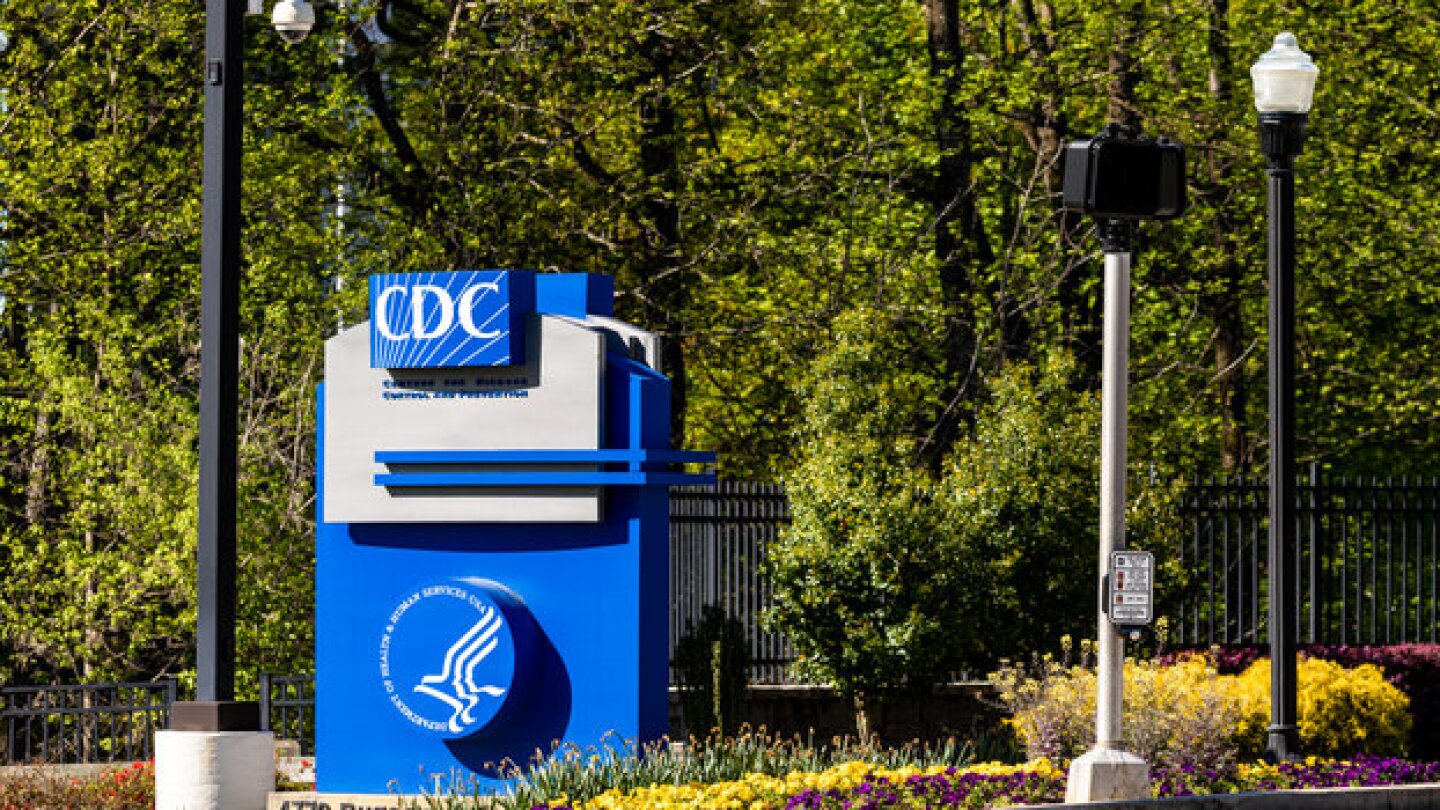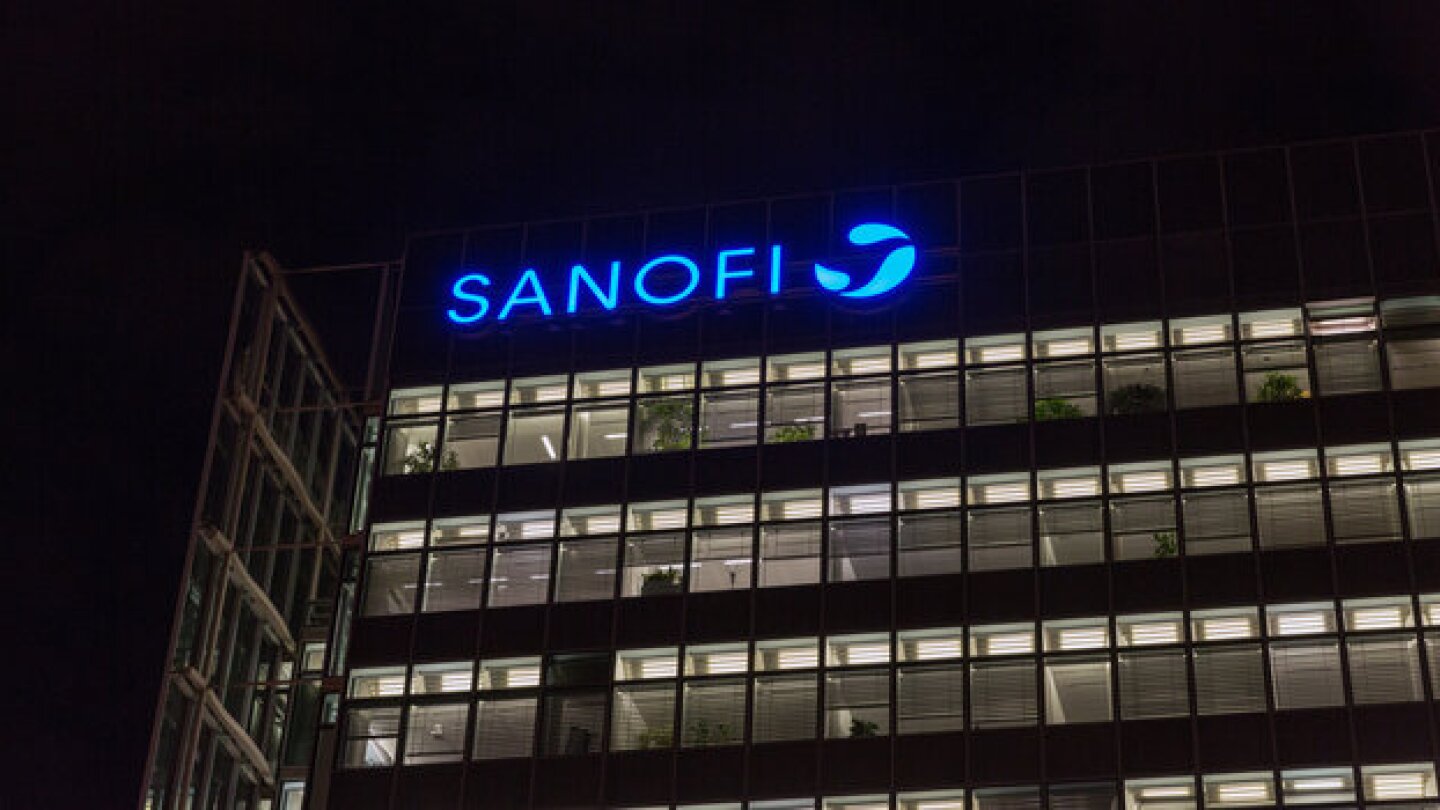News
While industry groups decried the Trump administration’s new drug pricing order, analysts say it lacked details and the teeth to make a major impact without an act of Congress.
FEATURED STORIES
A fatal, highly hereditary illness with no disease-modifying treatments, Huntington’s is long overdue for a therapeutic win. Here, BioSpace looks at five candidates that could change the trajectory for patients.
The past four years have brought disappointment for the Huntington’s community, but optimism is growing as companies including Prilenia and Wave Life Sciences eye paths to approval of therapies that could address the underlying cause of the disease.
With Eisai and Biogen’s Leqembi and Eli Lilly’s Kisunla launching onto the market, the 2024 Clinical Trials of Alzheimer’s Disease conference focused on the role these drugs might play, as well as combination therapies and innovative new treatment options.
Job Trends
BioCryst Pharmaceuticals, Inc. announced that data from the open-label extension of the APeX-2 trial of oral, once-daily ORLADEYO® for the prophylactic treatment of hereditary angioedema in patients 12 years and older have been published online by the Journal of Allergy and Clinical Immunology: In Practice.
FROM OUR EDITORS
Read our takes on the biggest stories happening in the industry.
During the COVID-19 pandemic, Health Secretary Robert F. Kennedy Jr.—along with FDA Commissioner Marty Makary and CBER Director Vinay Prasad—argued against vaccine mandates, partly because they limited medical choice. This week, the FDA under their leadership approved updated COVID-19 vaccines with restrictions that do the same.
THE LATEST
Since 2016, the FDA has approved three disease-modifying treatments for spinal muscular atrophy, with several companies—including Novartis, Scholar Rock and Biogen—progressing novel candidates through clinical trials.
Johnson & Johnson follows Eli Lilly in spending billions on U.S. manufacturing after President Donald Trump threatened major tariffs on pharmaceutical products. Pfizer has also promised a similar commitment.
This is the third indication for Fabhalta after Novartis won FDA approval of the small molecule in paroxysmal nocturnal hemoglobinuria and primary immunoglobulin A nephropathy.
The label expansion could help J&J establish Tremfya as a successor to Stelara, which is now facing a growing biosimilar challenge.
After withdrawing its nomination for Dave Weldon last week, the Trump administration is now reportedly considering Texas Republican Michael Burgess to head the Centers for Disease Control and Prevention.
Adaptimmune is rolling out its T cell therapy Tecelra for synovial sarcoma, recording $1.2 million in sales since its approval in August 2024. Nevertheless, it is pausing development of two oncology assets to save money.
The FDA approval of Alnylam’s Amvuttra sets up a three-way race with Pfizer and BridgeBio, which both market transthyretin stabilizers for transthyretin amyloid cardiomyopathy.
Paratek Pharmaceuticals is betting that OptiNose’s chronic rhinosinusitis treatment will be a partner to its antibiotic treatment Nuzyra.
After Sarepta reported the death of a patient who had recently taken the gene therapy Elevidys, patient advocacy group Parent Project Muscular Dystrophy stepped up—as they always do.
The deal is the latest in a series of Sanofi investments in its immunology portfolio. According to Sanfoi, DR-0201 can achieve deep B cell depletion, giving it the potential to reset the immune system.

















